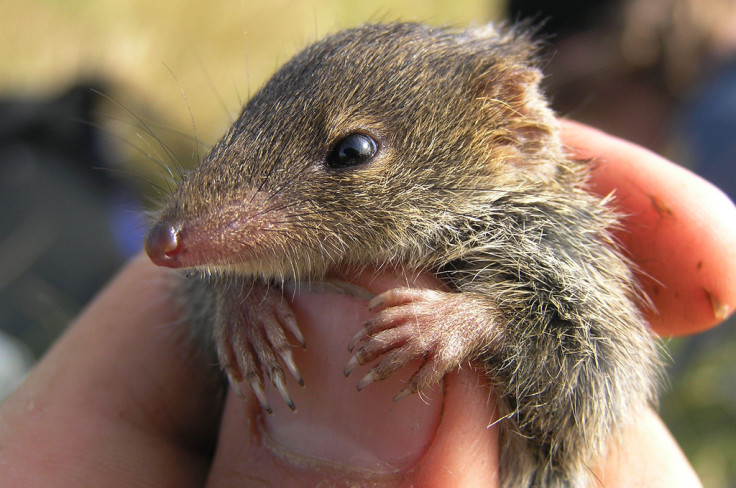Australia: 'Suicide sex' marsupials face extinction

Two new species of marsupials that have sex until they are dead have been discovered in Australia – but experts have warned they are under threat of extinction.
The suicide sex marsupials – antechinus – have made headlines across the globe for their strange mating habits.
Once a year the testosterone-fuelled males spend weeks furiously mating with every female they can, sometimes for up to 14 hours at a time. At the end, the increase in stress hormones makes their immune systems collapse and they die, ABC's Radio Australia reports.
"They'll bleed internally, they have ulcers, their fur falls off in patches, sometimes they're stumbling around blind and still trying to mate," Queensland University of Technology mammal expert Andrew Baker told the radio channel.
"It's just this absolutely primal urge," he said. There's orgies of violence and sex and, in antechinus, it happens every year.
The two new species of antechinus were found living in the south east of Australia and scientists are now applying to have them and several other species listed as endangered before they disappear because of their deadly sex.
Tasman Peninsula dusky antechinus (Antechinus vandycki), was discovered near Port Arthur in Tasmania, while the mainland dusky antechinus (Antechinus swainsonii mimetes) inhabits south-eastern Australia.
The latter is at risk of losing its habitat, Baker said. "This rare species is just sitting down there as we speak, in the middle of a small state forest that's being logged. Its precious old-growth forest habitat is rapidly being removed.
"It rings alarm bells because while it's exciting we're finding new mammal species, at the same time we might lose some of them almost as soon as they are discovered," Baker said.
"Who knows how many species we are losing right now that we will never discover. For the rarest species, there may only be hundreds of individuals or less."
Currently researchers believe 15 antechinus species are under threat of extinction from habitat loss, climate change and pests.
Along with these threats, the mating ritual halves the population of antechinus every year. Thomas Mutton, who is working to conserve the creature, said: "You kind of get to know some of them and then the males don't even get to live a year, they only live about 11 months before they all die. It's kind of sad. I think their sex life is quite interesting to humans, it's certainly a bit different to how we do it."
© Copyright IBTimes 2025. All rights reserved.






















